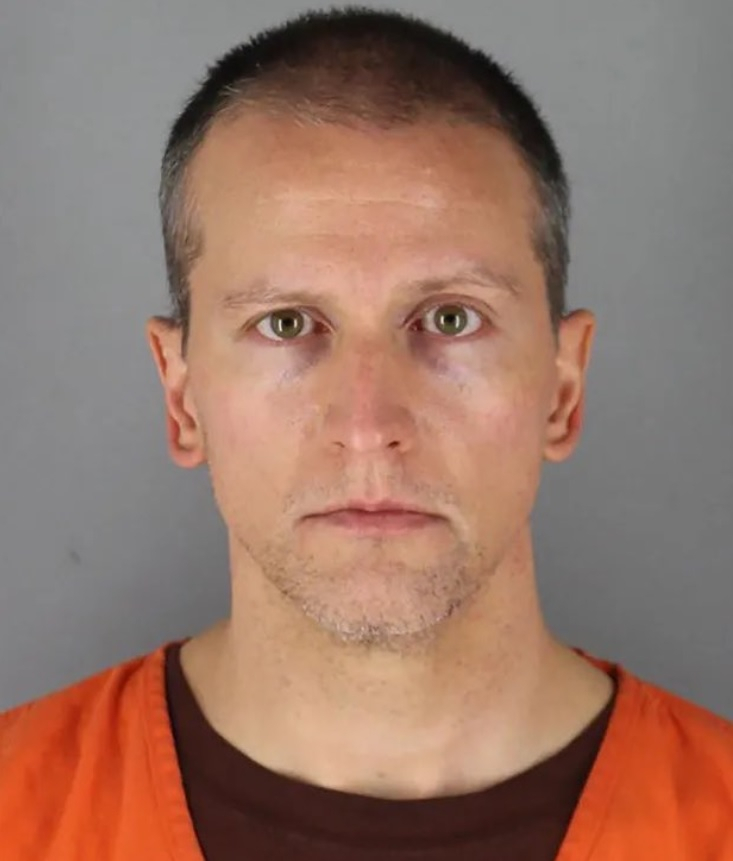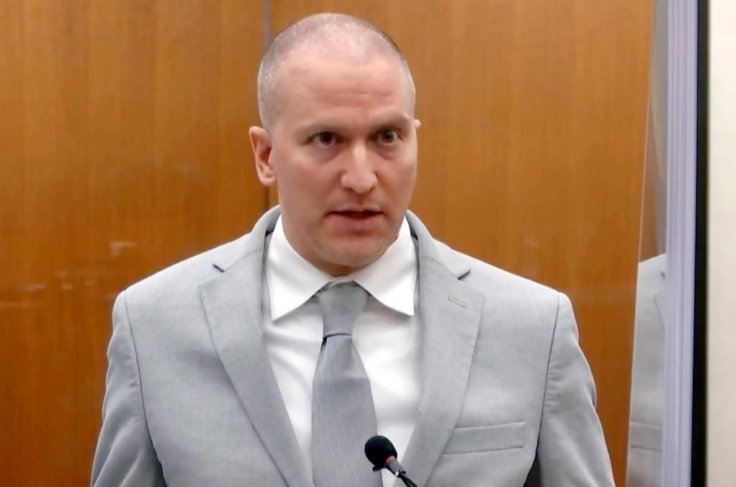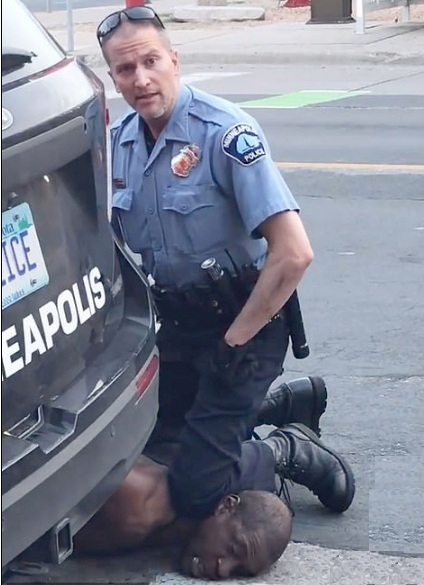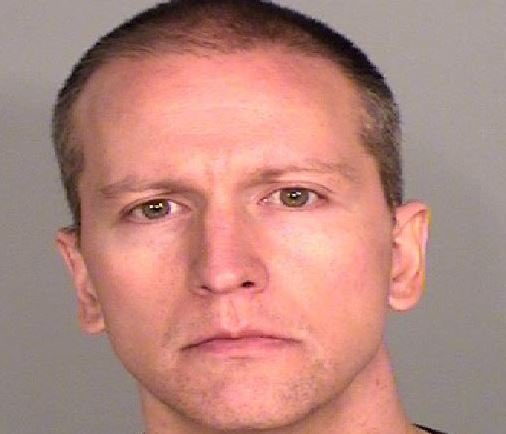Derek Chauvin, the former Minneapolis police officer convicted in George Floyd's murder, was stabbed by another inmate in an Arizona prison where he is serving a 22-year sentence. He sustained serious injuries in an attack at around 12:30 p.m. at the Federal Correctional Institution, Tucson, the Bureau of Prisons said without naming the inmate, AP reported.
Prison staff performed "life-saving measures" before Chauvin was taken to the hospital. Chauvin's attacker was also transported to a hospital for further treatment and evaluation. The Bureau of Prisons said that no staff members were harmed, and the FBI was informed. Visiting at the facility, which houses about 380 inmates, has been temporarily suspended.
Almost Got Killed

In an official statement, the agency said that its staff effectively managed the situation, performing "life-saving measures" before the unnamed inmate was transferred to a hospital for additional treatment and assessment.
Chauvin was transferred to FCI Tucson from a high-security Minnesota state prison in August 2022 to serve concurrent sentences—a 21-year federal sentence for violating George Floyd's civil rights and a 22-and-a-half-year state sentence for second-degree murder.

Chauvin's attorney, Eric Nelson, had advocated for keeping him out of the general population due to concerns that he might become a target.
While in Minnesota, Chauvin was predominantly held in solitary confinement, a measure implemented "largely for his own protection," as stated in court documents filed by Nelson last year.
The stabbing comes just a week after the US Supreme Court rejected Chauvin's appeal challenging his second-degree murder conviction in the May 2020 death of Floyd.

In a separate development, Chauvin is making an unlikely effort to overturn his federal guilty plea, claiming that new evidence indicates he was not responsible for Floyd's death.
The Bureau of Prisons confirmed that no staff members were injured in the Friday attack, and the FBI has been informed.
Not the First Time
Chauvin's stabbing marks the second high-profile attack on a federal prisoner in the past five months.

In July, disgraced sports doctor Larry Nassar survived a stabbing by another inmate at a federal penitentiary in Florida.
This incident with Chauvin is the second significant event at the Tucson federal prison in a little over a year.
In November 2022, an inmate at the low-security prison camp within the facility brandished a gun and tried to shoot a visitor in the head. Fortunately, the weapon, which the inmate was not supposed to have, misfired, and no injuries were reported. This incident occurred at the same Tucson federal prison where Chauvin was stabbed.
George Floyd, who was Black, died on May 25, 2020, after Chauvin, a white police officer, knelt on his neck for nine and a half minutes on the street outside a convenience store. Floyd was suspected of attempting to use a counterfeit $20 bill.

Bystander video captured Floyd's fading cries of "I can't breathe." His tragic death sparked global protests, some of which escalated into violence, and prompted a nationwide reflection on issues of police brutality and racism.
Three other former officers present at the scene received lesser state and federal sentences for their roles in Floyd's death.
Chauvin's stabbing adds to the scrutiny faced by the federal Bureau of Prisons, particularly following the jail suicide of wealthy financier Jeffrey Epstein in 2019.
It underscores concerns about the agency's ability to ensure the safety of even its most high-profile prisoners, with incidents such as Nassar's stabbing and the suicide of 'Unabomber' Ted Kaczynski at a federal medical center in June serving as additional examples.









